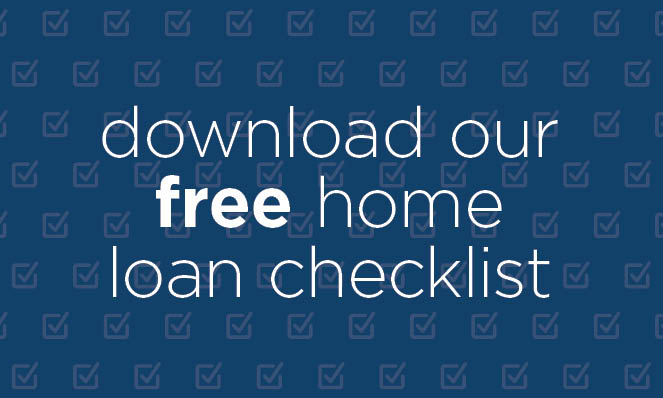Download our free loan document checklist to keep track of the files you’ll need when applying for a home loan.
To qualify for a mortgage, your mortgage lender needs information about your financial situation. This will help them determine how much you can afford to spend on a house, what kind of monthly payments you can afford, and what home loan program best suits your needs.
Some of the documents typically required when applying for a mortgage include:
- Copy of a photo ID (driver’s license, government ID, etc.), for most loans
- Proof of Social Security Number (SSN)*
- Last 2 years of W-2 forms from your employer
- Last 30 days of pay stubs
- Last 12-24 months of profit and loss statements (if self-employed)
- Last 2 months of bank statements (both checking and savings) – all pages
- Last quarter (3 months) of stocks/bonds/mutual funds/401K – all pages
- Name and phone number of your landlord to verify rental payments, if applicable
- Divorce decree or court order defining alimony or child support payments, if applicable
- College transcripts (if you graduated within the last 2 years)
- Information on any deferred student loans
- Gift letter, if you are gifted money from a friend or family member for the down payment or mortgage
The following items may also be helpful to have available:
- Last 2 years of individual tax returns – all pages and schedules
- Mortgage statement, tax bills, and homeowner’s insurance (if you currently own a home)
Types of Mortgage Documents
Basic Application Information
First things first: we need to learn a little bit about who you are. Along with a copy of your driver’s license and Social Security card,* you’ll need to complete a mortgage application to outline some basic information about yourself like where you live, who you work for, etc.
Income Verification
A major part of qualifying for a mortgage loan revolves around your income. A lender can’t give you a loan if you have no way to prove that you have the funds to pay it back! To prove your income, you’ll need to provide W2s from the last two years, all pay stubs from the last 30 days, and possibly your tax returns from the last two years.
If you’re self-employed, an independent contractor, or do freelance work, all you’ll need to provide is 12-24 months of business (P&L) and personal bank statements with Waterstone Mortgage’s self-employed homebuyer loan program.
Additionally, if you are divorced, you’ll need to provide a divorce decree or court order defining alimony or child support payments.
If you receive money as a gift from a family member or friend to put toward your down payment or mortgage, you will need to provide a letter from that person verifying that the money is a gift and not a loan. Your lender may also request a copy of the donor’s bank statements to verify the source of the funds.
Debt Payments
Your debts are just as important as your income in determining what kind of mortgage loan you can afford.
This includes submitting the last two months’ bank statements (for both checking and savings); statements for any stocks, bonds, mutual funds, 401(k) funds, or other investment accounts from the last quarter (3 months); and any information on student loans.
Credit History
While you may not need to provide any formal documentation on your credit history, your lender will pull a credit report to see your FICO score. This will help determine your payment history, how much debt you owe, how long you’ve been an active credit user, what kinds of credit you’ve used, and any new lines of credit you’ve recently opened.
You also may need to provide documentation (or the contact information for your landlord) to verify your rental history.
Next Steps
Ready to get started on your home loan process? Download our helpful document list, and be sure to reach out to your local loan originator to get pre-approved today. You may also want to explore potential loan options, so you’re ready for the initial conversation with your loan originator.
* Contact your loan officer for more information related to Individual Taxpayer Identification (ITIN) loan programs.
In accordance with federal regulations, consumers are not required to provide verifying documents until they have submitted an application, received a Loan Estimate Disclosure, and stated their intent to proceed with the loan transaction.






